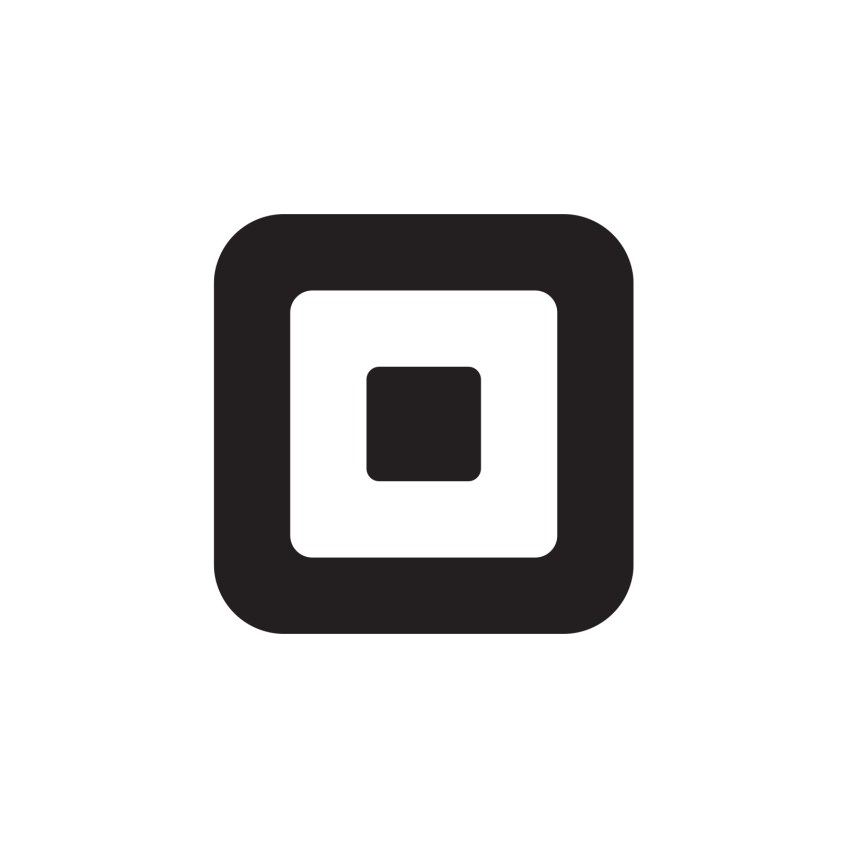
Looking for a top-notch ePOS and Inventory system? Look no further! Our comprehensive guide has all the information you need to make the best decision for your business.
In the bustling world of retail, a smooth transaction is as valuable as the goods exchanged. Clunky cash registers and manual stock-taking are relics; today’s savvy businesses demand agile POS and inventory systems that keep pace with dynamic sales environments.
Drawing from over a decade’s immersion in retail technology solutions, we bring insights that merge industry know-how with cutting-edge trends.
Take this onboard: A well-oiled POS system does more than just process payments – it could elevate your entire business strategy. Studies show that integrated POS and inventory solutions can increase sales by up to 30% by reducing errors and ensuring stock availability.
Ready to dive into the digital transformation? Let’s explore how to streamline your sales and stock for success.
Key Takeaways
- POS and inventory systems are crucial for businesses to manage sales transactions and keep track of product stock levels, facilitating streamlined operations, improved accuracy, and informed decision-making.
- The top features to look for in these systems include inventory tracking, low stock alerts, variants and modifiers for product customisation, and barcode scanning to expedite checkout processes and maintain accurate stock records.
- The best POS and inventory systems include Lightspeed Retail for its detailed analytics and barcode scanning capabilities, Square for its user-friendly interface and seamless integration with other business tools, ePOS Now for bridging physical and digital sales channels effectively, Vend POS for enhanced CRM capabilities alongside efficient management of stock levels, and Clover POS for its user-friendly interface suitable for growing businesses with diverse needs.
Understanding POS and Inventory Systems
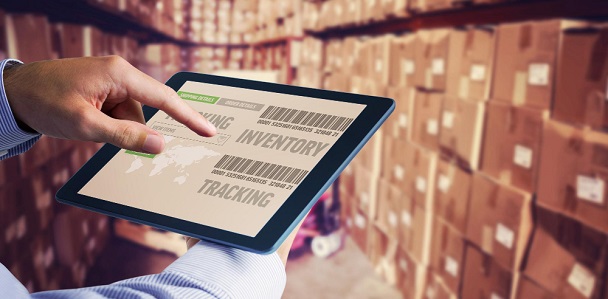
POS and inventory systems are essential for businesses to manage sales transactions and keep track of product stock levels. They help streamline operations, improve accuracy, and provide valuable insights for making informed business decisions.
A POS, or point of sale system, is what businesses use to sell goods to customers. It’s like a modern cash register that takes payments and tracks sales. An inventory system keeps an eye on all a business’s products.
It counts how much stuff is in stock and helps make sure there’s enough for customers to buy.
Having both systems work together is great for shops and restaurants because it makes selling things smoother. The systems watch over the flow of items from warehouse to checkout so owners know what they have at any time.
You can control your money and stock levels better with everything linked up. Now, let’s look at why these tools are vital for businesses.
Why Businesses Need POS and Inventory Systems
Businesses must track what they sell and how much stock they have. This is why POS and inventory systems are essential. They help businesses understand what’s popular, manage money better, and order the right amount of new products.
With these systems, shops can serve customers faster by scanning barcodes and taking payments quickly. They also ensure that retailers get all the things people want to buy.
Knowing all this helps businesses save time and cut costs because everything works together smoothly. It also means happier customers who can find what they need when visiting a store or shopping online.
Next, explore the top features you should look for in these systems.
Top Features to Look For in POS and Inventory Systems
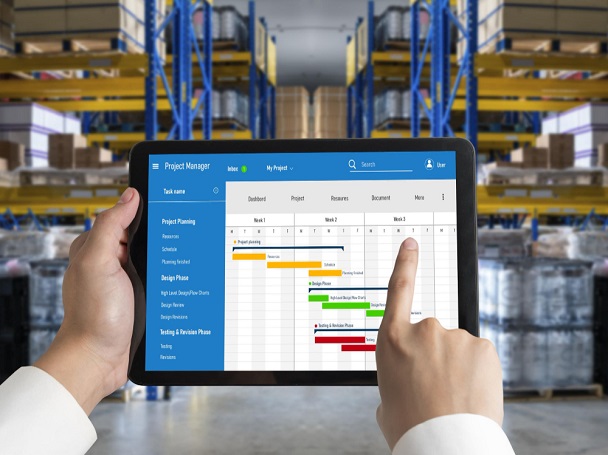
Inventory tracking is essential for keeping tabs on stock levels and ensuring you always have the right products available for your customers. Low stock alerts can help you avoid inventory shortages and prevent stockouts, while variants and modifiers allow for easy customisation of products to meet customer preferences.
Barcode scanning makes checkout processes faster and more accurate.
Inventory tracking
Keeping an eye on your stock is vital. Inventory tracking lets you know precisely what items you have, where they are, and how many are left. Think of it as having a super-smart list that updates all the time. This helps shops ensure they have enough things people want.
With good inventory management software, every sale or return changes the count immediately. You get a clear picture of your products without doing tricky math or guessing games. It’s magic for business owners who want to stay organised and keep customers happy!
Low stock alerts
Having a good view of what’s in stock is crucial, but knowing when to order more is just as important. Low-stock alerts are a lifesaver for businesses. They tell you immediately when an item is almost out so you can buy more before it runs out. This means no empty shelves, upset customers, or lost sales.
With these alerts set up, your POS system watches your inventory levels constantly. It will give you a nudge when any product dips below the safety stock level you choose. The goal here is to ensure that running out of popular items never happens by having your system keep an eye on things and let you know the perfect time to reorder.
Variants and modifiers
Variants and modifiers in a POS system let you manage different versions of your products. For example, if you sell T-shirts, they come in various sizes and colours. This feature helps you keep track of all these options without stress.
It lets customers pick precisely what they want and ensure you know which items are selling best.
Modifiers can change a product based on customer choices. They’re great for cafes where someone might order a drink with extra shots or flavours. With this tool, cashiers can quickly put through special orders, ensuring the kitchen gets the correct info quickly.
This also means your stock numbers always stay current so that you know when it’s time to order more goods.
Barcode scanning
Barcode scanning makes ringing up sales speedy and keeps errors low. With a quick zap, items are added to the bill, prices pop up, and your inventory updates. It’s brilliant for any shop wanting to save time and ensure shelves are always stocked just right.
Imagine you’re at checkout with a long queue behind you. With barcode tech, each product scans fast, customers smile at the quick service, and your cash drawer closes with less fuss.
Even better? You can check stock levels in a snap without counting each item by hand – it’s all in your system!
Best POS and Inventory Systems for Your Business
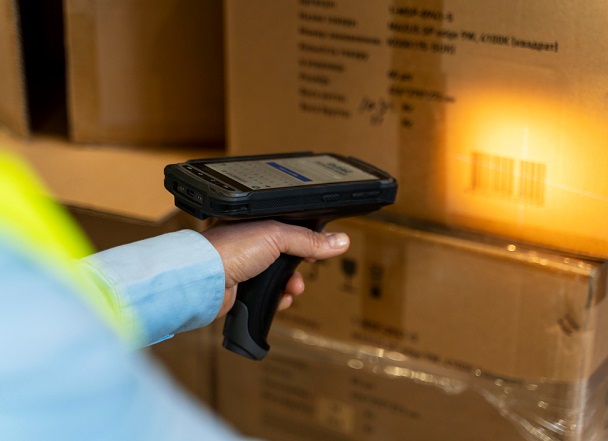
Explore the top POS and inventory systems to streamline business operations and improve customer experience. Unlock the potential benefits of these advanced systems now!
Lightspeed Retail: POS and Inventory for Detailed Analytics and Barcode Scanning
Lightspeed Retail is a top-notch point of sale and inventory system designed for retail businesses. It combines powerful tools to help manage sales, stock, and customer interactions all in one place.
This cloud POS makes it simple to sell across multiple channels, whether running a brick-and-mortar store or an online shop. With its sleek interface, Lightspeed lets users easily track inventory and process payments on various devices, such as tablets and mobile apps.
This system stands out with features like detailed analytics that show you exactly how your business is doing. You can use this data to make intelligent decisions about what products to stock more of or put on sale.
Lightspeed Retail also supports barcode scanning, which speeds up checkout times, making shopping smooth for customers. Moreover, it keeps you alert with low-stock notifications so you never miss a sale because an item is out-of-stock.
Lightspeed Retail POS Pricing
Lightspeed Retail starts at £79/month
Square POS: Seamless Integration with Other Tools
Now, let’s learn about “Square,” another leading POS and inventory system. Square is popular for its user-friendly interface and seamless integration with other business tools. It offers features like inventory tracking, low-stock alerts, and barcode scanning to help businesses manage their stock levels effectively and streamline operations.
This cloud-based POS system suits restaurants, retail stores, and e-commerce platforms. With its easy-to-use hardware options and robust point-of-sale software, Square provides a reliable solution for efficient payment processing, inventory control, and overall business management.
In addition to its core functionalities of processing payments and managing inventory in real-time, it effectively revitalises the day-to-day operations of businesses seamlessly across different sectors.
Square POS Pricing
Square is a free software. However, you will pay £149 for the terminal.
ePOS Now: Best for Physical and Digital sales channels
ePOS Now emerges as a leading POS and inventory management solution, tailor-made for UK businesses seeking a blend of efficiency and innovation. This system is renowned for its intuitive interface, making it accessible to users of all skill levels. It offers a comprehensive suite of features, including real-time inventory tracking, sales analytics, and seamless integration with popular payment systems and e-commerce platforms.
ePOS Now is particularly lauded for its adaptability, catering to various retail and hospitality industries. Its cloud-based architecture ensures business owners can access critical data anytime, anywhere, fostering informed decision-making.
With robust customer support and a commitment to continuous improvement, ePOS Now is a reliable and forward-thinking choice for UK businesses aiming to streamline operations and enhance customer experience.
ePOS NOW Pricing
ePOS Now offers a one-time upfront payment of £399 or £25 per month.
Vend POS: Efficient Stock Level Management
Vend excels in real-time inventory management, enabling businesses to maintain optimal stock levels and track product performance effortlessly. Its compatibility with various payment options and seamless integration with other business tools, such as accounting software and e-commerce platforms, makes it a highly adaptable choice.
The system also offers valuable insights through detailed sales reporting and analytics, aiding in strategic decision-making. With its robust offline mode, Vend ensures uninterrupted service, a critical feature for the fast-paced UK retail sector.
Coupled with dedicated customer support and continuous updates, Vend stands out as a comprehensive, efficient POS and inventory management solution for UK businesses aiming to thrive in a competitive market.
Vend POS Pricing
The monthly software fees start at £49 for the lite version and £69 for the pro option
Clover POS: User-friendly Interface for Growing Businesses
Clover POS distinguishes itself primarily through its advanced inventory management capabilities, making it a highly sought-after solution for businesses requiring efficient stock control. This system allows for detailed tracking of inventory levels, enabling enterprises to monitor stock in real time and effortlessly manage their product catalogue.
With features such as automatic stock updates and low-stock alerts, Clover ensures that businesses can maintain optimal inventory levels, reducing the risk of overstocking or stockouts.
The system’s ability to categorise products and track item variants simplifies the management of diverse inventories, a boon for businesses with extensive product ranges. Additionally, Clover’s reporting tools provide insightful analytics on inventory performance, assisting in informed decision-making regarding stock replenishment and product ordering.
Clover POS Pricing
The pricing starts at £25 for a monthly lease
How to Choose the Right System
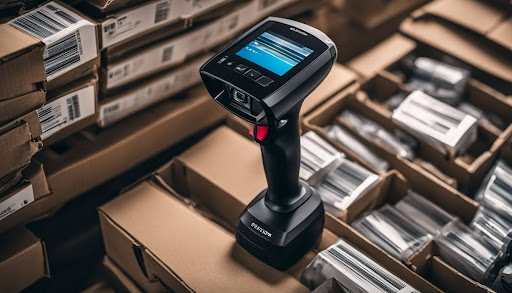
Consider the specific needs of your business, such as size, industry, and customer base. Evaluate different systems based on features like inventory tracking, reporting capabilities, and integration options. Seek expert recommendations and compare pricing to make an informed decision.
Factors to consider
When choosing a POS and inventory system, consider the specific needs of your business. The size of your inventory, the nature of your sales, and the level of integration required should all be considered.
Additionally, consider employees’ ease of use and compatibility with existing hardware or software.
Your choice should also factor in future scalability as your business grows. Evaluate ongoing costs such as subscription fees or support charges. Integration with e-commerce platforms could be significant, too.
Ultimately, prioritise a system that streamlines operations and enhances customer service.
Evaluating different systems
When choosing the right POS and inventory system, it’s crucial to consider factors such as your business needs, budget, and scalability. Look for systems that seamlessly integrate your existing processes and provide robust features like real-time inventory tracking, low-stock alerts, and barcode scanning capabilities.
Expert recommendations can also guide you in making an informed decision based on reliable insights into the performance of various systems.
Consider the practical benefits of integrating POS and inventory systems to streamline operations, improve efficiency, and enhance customer relationship management. Evaluate different systems based on their ability to meet these goals while providing a user-friendly experience for staff and customers.
Selecting the right system will ultimately contribute to efficient business management, cost savings, and enhanced overall performance.
Expert recommendations
When choosing a POS and inventory system, it’s essential to consider your specific business needs. Look for a strategy that offers seamless integration between sales and inventory management and robust reporting capabilities.
Additionally, prioritise ease of use and customer support when evaluating different options. It’s wise to seek recommendations from industry experts or other businesses in your niche to gain insights into which systems have proven effective.
By carefully considering these factors and seeking expert advice, you can confidently select a POS and inventory system that will streamline your operations, enhance efficiency, and contribute to the growth of your business.
The Benefits of Integrating POS and Inventory Systems
Integrating POS and inventory systems saves time, enhances management and tracking, and improves customer relationship management.
Time and cost-saving
Save time and money by integrating your POS and inventory systems. This integration automates processes like updating stock levels, generating sales reports, and managing orders. Streamlining these tasks reduces the need for manual data entry and minimises errors that can lead to costly mistakes.
With a combined system, you can also quickly identify items that aren’t selling well or are taking up valuable shelf space, allowing you to make informed decisions about what products to promote or discount.
Furthermore, having both systems working together means you spend less time on administrative tasks and have more accurate data for making strategic business decisions. You can optimise your inventory levels based on real-time sales data, prevent stockouts by setting up automatic reorder points, and improve overall efficiency in your operations.
Improved management and tracking
Managing and tracking inventory becomes more streamlined with the right POS and inventory system. This makes monitoring stock levels, tracking sales, and analysing trends easier. With features like real-time updates and detailed reporting, businesses can make informed decisions to improve efficiency.
Integrated systems also offer advanced capabilities such as automated reordering, vendor management, and performance analysis. This allows for better control over inventory costs while ensuring that popular items are always available for customers.
The result is smoother operations and optimised profitability for the business.
Enhanced CRM
Improved management and tracking of your inventory and sales data can directly impact your Customer Relationship Management (CRM). You can gain valuable insights into customer behaviour, preferences, and purchase history by integrating your POS and inventory systems.
This lets you personalise marketing efforts, provide better customer service, and build stronger customer relationships. Utilising CRM features within your integrated system allows you to segment customers based on their purchasing habits, send targeted promotions or loyalty rewards, and track the effectiveness of your marketing campaigns.
This level of customer understanding leads to increased satisfaction, repeat business, and, ultimately, higher revenue for your company.
Conclusion
In conclusion, integrating the best POS and inventory systems can significantly improve your business operations. The system’s features facilitate efficient tracking, saving time and costs while enhancing customer satisfaction.
Selecting the right system involves evaluating scalability and compatibility with your business needs. By incorporating these strategies, businesses can expect to experience streamlined processes and improved overall management.
This ensures a seamless end-to-end process from sales to inventory management, ultimately leading to increased productivity and profitability.
FAQs
1. What does a POS system do?
A POS system, short for the point-of-sale, lets shops sell items and accept payments with credit cards or other methods. It can print receipts, manage stock, and use card readers.
2. How can inventory systems help my business?
Inventory systems keep track of all the things you have in your store. They help prevent running out of products (stock-outs) and losing items (shrinkage). These systems make sure you always have what customers want.
3. Can I use POS software on my phone or tablet?
Yes! Mobile point of sale is POS software that runs on an Android device or any mobile gadget through apps like Google Play.
4. Is there a difference between cloud-based POS and on-premise ones?
Cloud-based means the POS system works online so you can see your sales anytime from anywhere with web access. On-premise is when the POS software lives on computers at your place.
5. What’s an omnichannel approach in point-of-sale systems?
Omnichannel links up selling in-store with online sales to give shoppers an easy time buying stuff however they want – like picking up something they bought on the internet at their local shop!
6. How important are suppliers to inventory management?
Suppliers are super important because they send stores the goods that go into inventories; intelligent supply chain management uses this info to order just enough products without having too much.
Best POS software



